‘I’m the Jihadi Who Never Was’
As ISIS continues to draw zealous young recruits from the West to the fronts in Syria and Iraq, Michael Muhammad Knight, whom The Guardian has described as "the Hunter S. Thompson of Islamic literature," tells of how his American upbringing almost made him into a warrior for jihad.
As ISIS continues to draw zealous young recruits from the West to the fronts in Syria and Iraq, Michael Muhammad Knight, whom The Guardian has described as “the Hunter S. Thompson of Islamic literature,” tells in The Washington Post on Wednesday of how his American upbringing almost made him into a warrior for jihad.
Twenty years ago in the mid 1990s, Knight left his Catholic high school in upstate New York to study at a madrassa in Pakistan. His days spent reading the Quran were punctuated with news reports of the Chechen resistance to Russian rule. He discovered the videos he watched to be “so upsetting I found myself thinking about abandoning my religious education to pick up a gun and fight for Chechen freedom.”
It wasn’t a verse in the Quran that made Knight want to fight, but rather his American values. Growing up “in the Reagan ’80s,” Knight watched “G.I. Joe” cartoons that taught him to, in the words of the theme song, “fight for freedom, wherever there’s trouble.” He says he came to believe that everyone had the right and duty to get involved anywhere threats to “freedom, justice and equality” were perceived.
His motivation wasn’t a matter of “Muslim rage” or “hatred for the West.” He felt himself to be moved by “compassion.” Like many Americans whose feelings of patriotism compel them to join the military, Knight yearned to “fight oppression and protect the safety and dignity of others.”
“I believed that this world was in bad shape,” he continues. “I placed my faith in somewhat magical solutions claiming that the world could be fixed by a renewal of authentic Islam and a truly Islamic system of government. But I also believed that working toward justice was more valuable than my own life.”
Knight did not become a soldier, however. Certain of his elders reminded him of a statement attributed to Islam’s founder, Muhammad. “The ink of scholars was holier than the blood of martyrs,” Knight recalls. He went on to study at Harvard and then earn a Ph.D. in Islamic studies.
“It’s easy to assume that religious people, particularly Muslims, simply do things because their religions tell them to,” he continues. “But when I think about my impulse at age 17 to run away and become a fighter for the Chechen rebels, I consider more than religious factors. My imagined scenario of liberating Chechnya and turning it into an Islamic state was a purely American fantasy, grounded in American ideals and values. Whenever I hear of an American who flies across the globe to throw himself into freedom struggles that are not his own, I think, What a very, very American thing to do.
“And that’s the problem. We are raised to love violence and view military conquest as a benevolent act. The American kid who wants to intervene in another nation’s civil war owes his worldview as much to American exceptionalism as to jihadist interpretations of scripture. I grew up in a country that glorifies military sacrifice and feels entitled to rebuild other societies according to its own vision. I internalized these values before ever thinking about religion. Before I even knew what a Muslim was, let alone concepts such as ‘jihad’ or an ‘Islamic state,’ my American life had taught me that that’s what brave men do.”
— Posted by Alexander Reed Kelly
Your support matters…Independent journalism is under threat and overshadowed by heavily funded mainstream media.
You can help level the playing field. Become a member.
Your tax-deductible contribution keeps us digging beneath the headlines to give you thought-provoking, investigative reporting and analysis that unearths what's really happening- without compromise.
Give today to support our courageous, independent journalists.
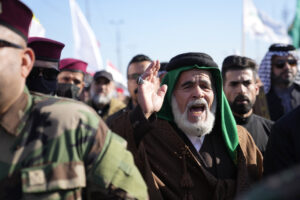
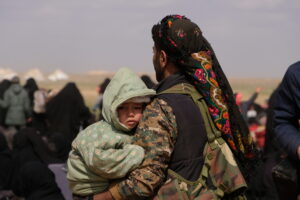
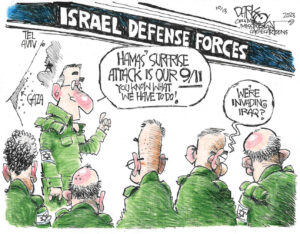

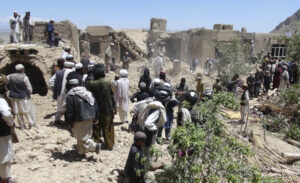
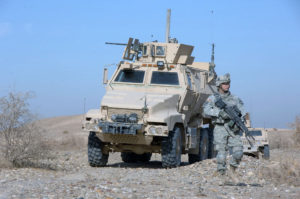
You need to be a supporter to comment.
There are currently no responses to this article.
Be the first to respond.